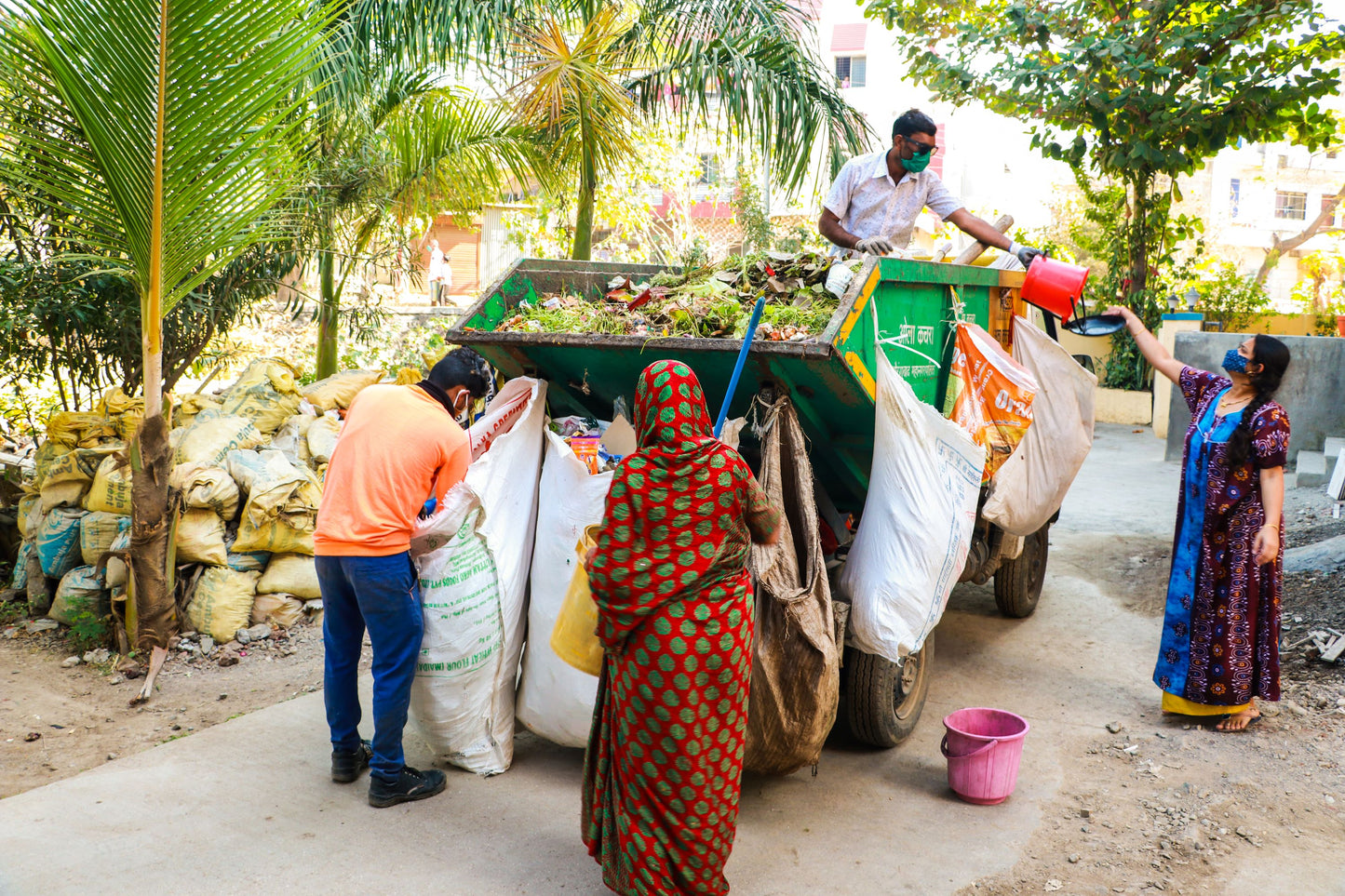
Zero Waste Week is an annual campaign that takes place during the first full week of September. It is a global movement aimed at raising awareness about waste reduction and encouraging individuals, businesses, and communities to adopt sustainable practices.
The goal of Zero Waste Week is to promote the concept of reducing, reusing, and recycling waste in order to minimize the amount of waste that goes to landfill. The campaign encourages people to rethink their consumption habits, find creative ways to reuse items, and prioritize recycling and composting.
During Zero Waste Week, participants are encouraged to take specific actions to reduce waste in their daily lives. These actions may include:
-
Refusing single-use items: Avoiding disposable products such as plastic bags, straws, and water bottles by opting for reusable alternatives.
-
Recycling and composting: Ensuring that recyclable materials are properly sorted and sent for recycling, and composting organic waste to divert it from the landfill.
-
Shopping consciously: Making informed choices when purchasing products, considering packaging and choosing items with minimal packaging or packaging that can be recycled or composted.
-
Repairing and reusing: Repairing broken items instead of discarding them and finding creative ways to repurpose or upcycle items that are no longer needed.
-
Spreading awareness: Engaging in discussions about waste reduction, sharing tips and ideas with others, and using social media to promote the Zero Waste Week message.
By participating in Zero Waste Week, individuals can make a positive impact on the environment by reducing the amount of waste they generate and promoting sustainable practices within their communities. It encourages people to adopt a more mindful and conscious approach to consumption and waste management, ultimately working towards a more sustainable and circular economy.
